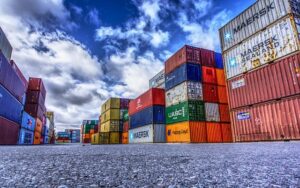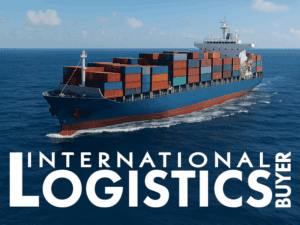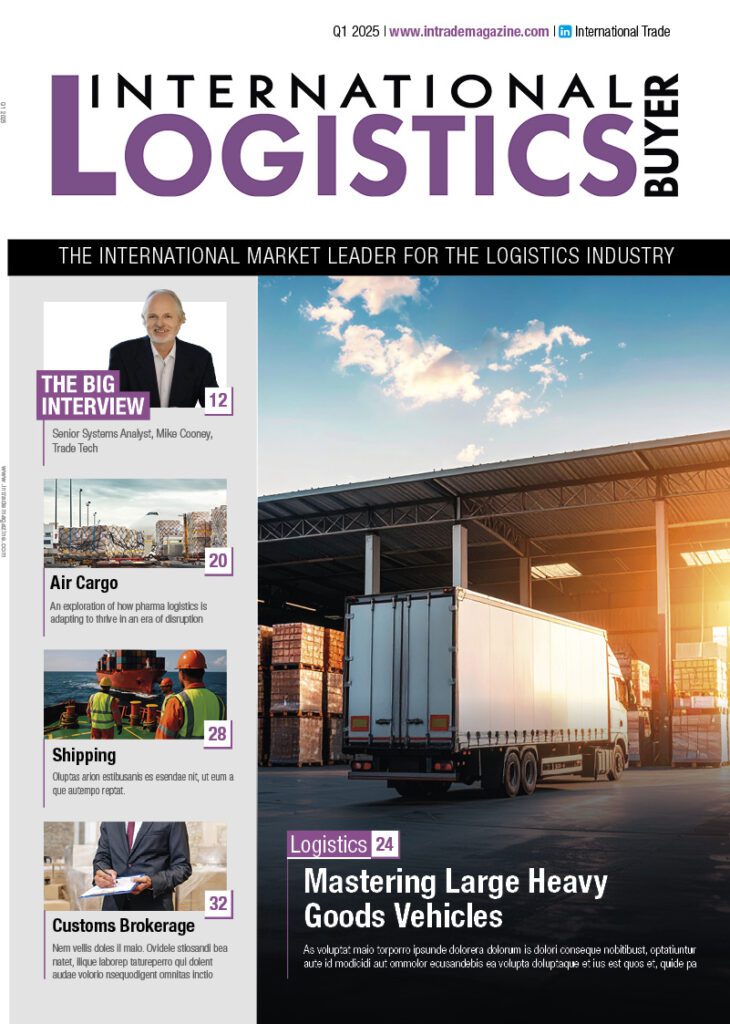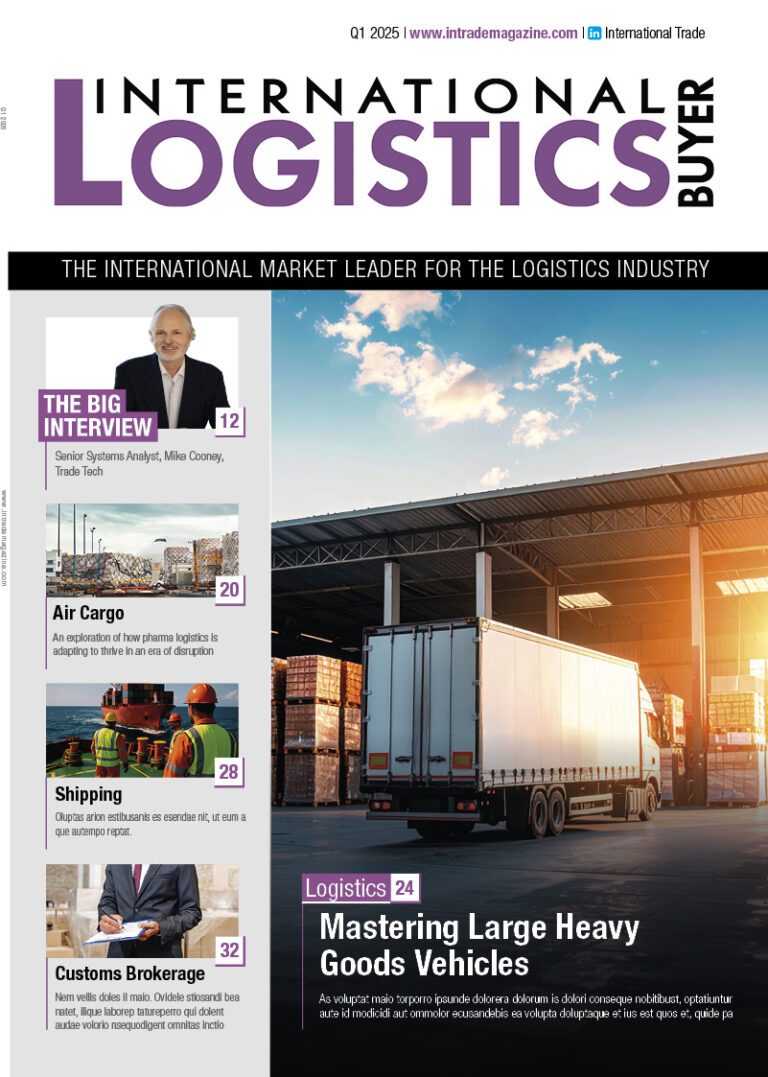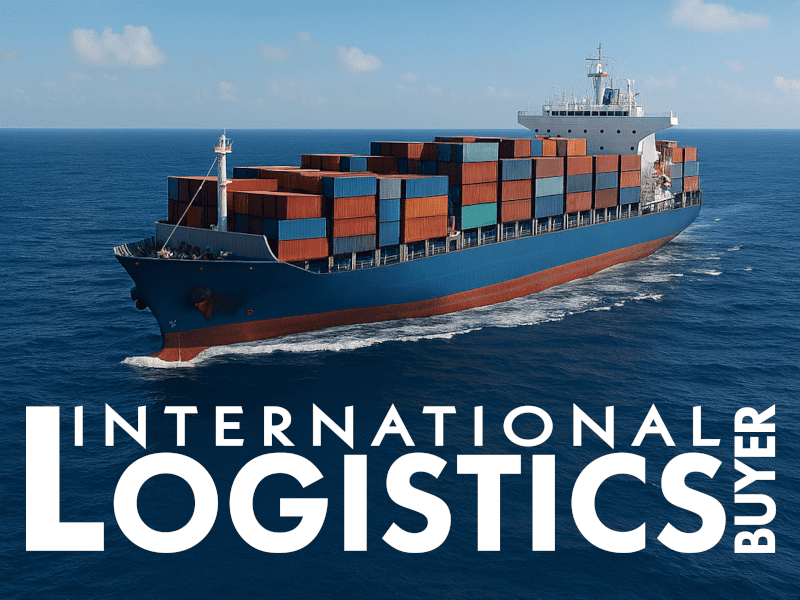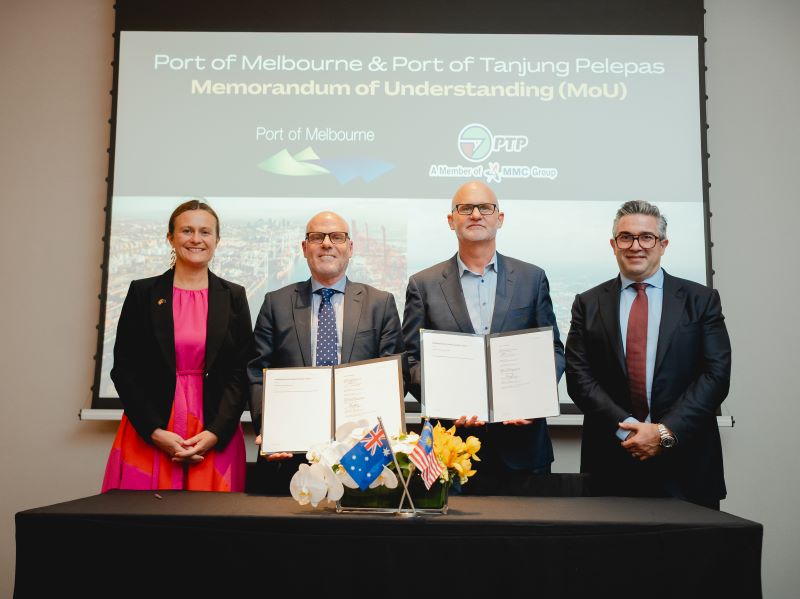Ross Savage, Course Director & Global Lead, Sanctions Compliance, International Compliance Association (ICA) talks to ITM about regulatory compliance
What role does regulatory and financial crime compliance play in the logistics and supply chain sector?
According to the Financial Action Task Force (FATF), there are three main methods criminal organisations and terrorist financiers use to move money for the purpose of disguising its origins and integrating it into the formal economy. Firstly, using the financial system; secondly the physical movement of money (e.g. cash couriers); and thirdly, through the physical movement of goods through the trade system. This exposes the logistics sector and those involved throughout the supply chain to financial crime and sanctions risks.
It is vital that businesses fully appreciate the risks so they can implement measures to mitigate them. It’s not only an issue for financial institutions. For example, in 2019, the Office of Foreign Assets Control (OFAC) announced that e.l.f. Cosmetics Inc had agreed to pay nearly $1m to settle liabilities stemming from violations of the North Korea Sanctions Regulations. The U.S. OFAC says e.l.f. Beauty imported 156 shipments of false eyelash kits from two Chinese suppliers that sourced materials from North Korea. The eyelash kits were valued at $4.43 million. The company discovered the issue after a self-audit of third-party suppliers, demonstrating how important it is to understand all aspects of a supply chain.
How is cryptocurrency posing a risk to businesses around the world?
Cryptocurrency is still a largely unregulated space. However, the momentum of its integration into the economy continues to grow rapidly. For example: El Salvador has recently become the first country to adopt Bitcoin as an official currency. The privacy element of cryptocurrency makes it attractive to organised crime and investors have already lost millions to scams.
Tax evasion can also become a risk through non-declaration of assets. HMRC and the IRS have sought to address this by writing to the digital wallet providers to seek information on individuals investing in cryptocurrency.
Cryptocurrency has been used to avoid sanctions. Iran, Russia and China have been looking for ways to remove their over-reliance on the US Dollar, therefore blunting some of the US sanctions’ powers. The use of cryptocurrency creates problems for compliance. Specialist training is required to investigate and interrogate the blockchain.
There are also wider risks to society in relation to environmental and social governance (ESG). The ‘mining’ of digital currencies such as Bitcoin take a huge amount of power and have caused power outages in Iran for example, which has led to the country placing restrictions on mining activities. Of course, much of this power is supplied by fossil fuels.
You recently conducted a survey with 401 respondents from a range of industries. What was the survey focused on and what was the outcome?
Out of 401 respondents who completed the survey in July, almost half (46%) suggested greater training and education is needed around crypto/digital currencies and emerging financial technologies in relation to sanctions compliance.
Wider challenges related to training were also identified. For example: 70% of respondents have undertaken less than ten hours of training on managing sanctions risk over the past 12 months. 10% had undertaken no training, while the majority (39.4%) have undertaken less than five hours. 13% said no sanctions-specific training had been delivered to staff.
However, sanctions are a crucial instrument in the international battle against financial crime, proliferation, terrorism, and human rights abuses. Those who manage the risk need the right combination of knowledge, capabilities and behaviours to manage it effectively and our survey perhaps points to the need for a greater awareness of the impact and real-world consequences of breaching sanctions obligations.
It was positive news that 68% of respondents confirmed their business had undertaken a sanctions risk assessment in the past 12 months (18% have not). However, a third (32.9%) of firms have not assessed sanctions risk across their supply chain in the past 12 months, and a quarter of respondents were ‘unsure’. This does highlight the need for business leaders to understand the nature of the entirety of their supply chain at a granular level to remain compliant.
With 55% of respondents expecting to make changes to their sanctions risk programme in the next 12 months (20% major changes, 34% minor changes), there is an opportunity to broaden training programmes to ensure staff are fully equipped to understand the changing nature of sanctions risk, how to implement sufficient controls to mitigate the risk and to appreciate the full consequences of non-compliance.
What would you advise is the best way to mitigate sanction risk?
Putting sanctions into perspective, framework controls are now a matter for the whole senior management team to ensure compliance with regulations and international laws. This sounds simple, but it can be incredibly difficult for multi-national firms with complex supply chains operating across sometimes competing regulatory environments.
Firms should look to the guidance provided by international bodies such as the UN or EU and also from jurisdictions such as the US and the UK via OFAC and the Office of Financial Sanctions Implementation (OFSI) respectively. OFAC in the US for example, has produced the Sanctions Compliance Framework Guidance, which details their five essential components of sanctions compliance.
Legislation and regulations are constantly changing, how can businesses best stay informed?
Assigning roles and responsibilities means there is a clear understanding of who within the business is responsible for keeping abreast of the changes and ensuring company policies and procedures reflect the changes and operational activity is tailored accordingly.
Education to train and upskill all staff is vital. At ICA, we are committed to helping members and learners navigate the complex world of sanctions across multiple jurisdictions. We aim to go beyond training to instead affect behavioural change, through forums, CPD and courses ranging from our e-learning sanctions awareness course for non-specialists, suitable for all staff, right through to a new diploma course, aimed at staff with decision making and management responsibilities within a business.
Has the new legislation around Brexit caused concern in the industry?
Historically, EU member states have not actively enforced compliance with EU sanctions laws, with penalties being set by individual member states. Post-Brexit, OFSI has indicated its intention to take a more rigorous approach against those that breach sanctions. OFSI has also suggested a more assertive approach to the application and enforcement of sanctions. Its guidance outlines a broader jurisdictional scope, meaning that sanctions will apply not only to UK citizens but also to UK registered entities and those located within the UK, as well as persons who ‘undertake activities’ within UK territories. This means that sanctions compliance should be firmly on the board’s radar.
To stay up to date on the latest, trends, innovations, people news and company updates within the global trade and logistics market please register to receive our newsletter here.
Media contact
Rebecca Morpeth Spayne,
Editor, International Trade Magazine
Tel: +44 (0) 1622 823 922
Email: editor@logistics-buyer.com

